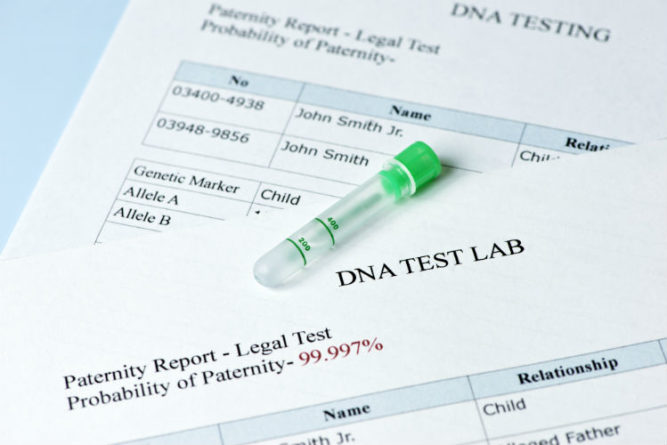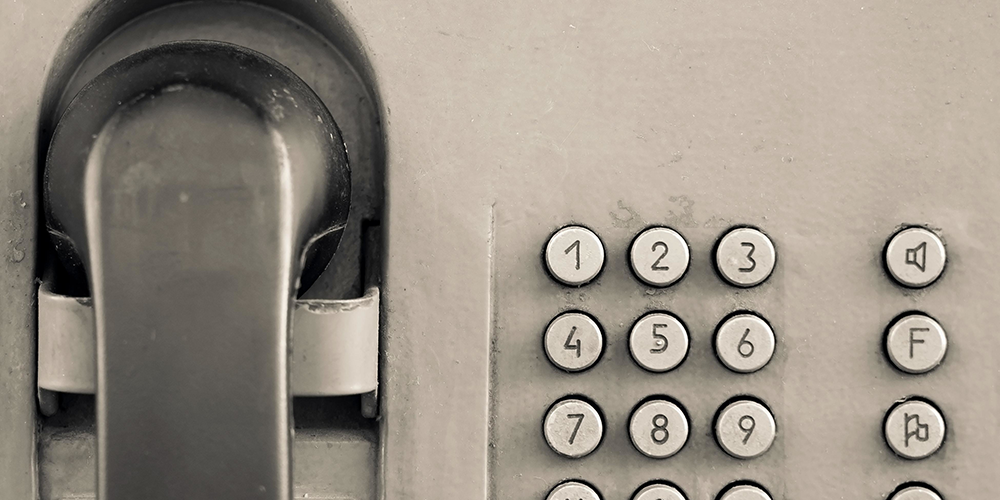
DNA testing kits have only been popular over the past few years, but have made a huge splash in the world of adoption. Adoptees, who once had no leads on who their birth family was, are now able to use their DNA to search through millions registered with DNA companies like Ancestry. Birth parents who have spent decades searching for children that were placed for adoption have now been able to have the reunion they have been dreaming of for a lifetime. To understand how these reunions are being made possible, it is important to know how exactly a DNA registry works.
Typically, with DNA services like Ancestry, a person will pay for a DNA kit to be sent to their home. That kit will have a vial that the purchaser spits their saliva into. The vile is then sent back to the company for analysis. Many of these kits offer both an ancestry and health testing services. The ancestry service will not only send a report with ethnicity and heritage information, but will also let the purchaser know if their DNA links them biologically to any other person who has submitted DNA. Even if an immediate family member has not submitted DNA, the purchaser may find a second cousin or distant relative who might be the key to finding their family member.
The show, “Long Lost Family” on TLC details the usage of Ancestry for adoption reunions in each episode. In almost every episode, a DNA match has allowed for a family member to be found either directly or indirectly. Utilizing DNA services seems common sense in any identity investigation as it will grant the most accurate information. Even if there are no matches in the system, these DNA services will store the purchaser’s information in case someone does submit a DNA match in the future.
Many of those searching have found through the Ancestry service that their family was also using DNA matching to locate them. DNA testing is not only making reunions happen but seems to be the key. It is clear from this show alone that DNA testing is one of the first steps to take when seeking an adoption reunion for both adoptees and birth parents alike.


